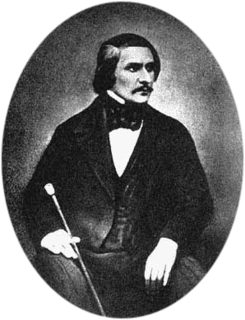A Quote by Ambrose Bierce
DISCRIMINATE, v.i. To note the particulars in which one person or thing is, if possible, more objectionable than another.
Related Quotes
Even if we profess to be non-judgmental, there's an inherent judgmentality and hierarchy in which the spiritual person, the conscious person, the mindful person, is more developed than the typical truck driver or waitress or heroin addict. This is a red flag, another problem built into the concept of spirituality. The truth is that every person you meet is in some way more developed than you are, and that the multiple modes of development that a human being can pursue require the whole of humanity to pursue. We're in this together. Enlightenment is a collective effort.
the novel is inherently a political instrument, regardless of its subject. It invites you - more than invites you, induces you - to live inside another person's skin. It creates empathy. And that's the antidote to bigotry. The novel doesn't just tell you about another life, which is what a newspaper would do. It makes you live another life, inhabit another perspective. And that's very important.
Let there be two possible things, A and B, one of which is such that it is necessary that it exists, and let us assume that there is more perfection in A than in B. Then, at least, we can explain why A should exist rather than B and can foresee which of them will exist; indeed, this can be demonstrated, that is, rendered certain from the nature of the thing.
...being human always points, and is directed, to something, or someone, other than oneself—be it meaning to fulfill or another human being to encounter. The more one forgets himself—by giving himself to a cause to serve or another person to love—the more human he is and the more he actualizes himself.... What is called self-actualization is not an attainable aim at all, for the simple reason that the more one would strive for it, the more he would miss it. In other words, self-actualization is possible only as a side-effect of self-transcendence.

































